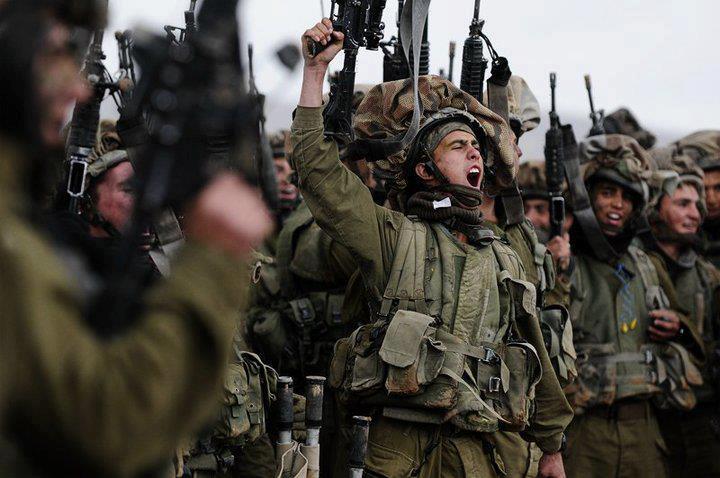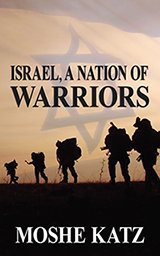- Home
- Krav Maga Blog
- Krav Instructors
- Train in Israel
- Tour Train Israel
- Krav Shop
- DVD
- Kickboxing
- IKI Near Me
- Seminars
- IKI Membership
- On-Line Training
- Krav Maga Training
- Testimonials
- History Krav Maga
- Instructors Page
- Past Blogs
- Spanish
- Italian
- Certification
- Contact
- Holland Seminar
- Vienna Seminar
- Poland Seminar
- Italy Seminar
- Belt Requirements
Krav Maga, from Military to Civilian
By Moshe Katz

These years are often the most exciting and exhilarating of their lives.
From Military to Civilian, June 2014
The difference between being a military commander and a martial arts instructor
For many Israelis the years 18-21 (boys) or 18-20 (girls), will mark the highlight of their lives. This is sad but true. During these years they quickly move up the ranks and many are soon in positions of command. There is a great deal of turnover, since there are always soldiers being discharged, so there is always room for another officer.
Officers courses are always opening up and many young people will be ordering others around by the time they are 19 years old. Soon they come home speaking of "My soldiers", or "I punished one of my soldiers for talking back to me." But this does not last long.
Most will be discharged at 21 and will soon find themselves at the bottom of the social ladder in some company, or worse, packing groceries or loading trucks. Some will go to university. But all, in their new civilian life, will lose their position of power and authority.
Many will remember their military years as the highlight of their lives; they commanded troops, they issued orders that had to be obeyed. In their new civilian positions they find it much more difficult to climb the social ladder, positions do not become as easily available. Corporate leaders do not retire at age 21.
I recall a woman I worked with at a bank, she was a minor clerk, had been one for years, and would remain one for many years to come. She kept speaking of her days as an officer, and "her" soldiers that she was in charge of. Sad, for many this transition to civilian life is not easy.
This difference between civilian life and military life is important. In civilian life people have the right to walk out on you, to quit, to talk back. Your power is not backed up by a military establishment; you can not throw people into prison. When teaching Krav Maga this is an important lesson to remember. Those who do not remember this will fail as instructors, or, attract a very limited crowd.
There is only so much abuse most people will take. Yes, I have seen students get kicked in the teeth, spit out the blood of a broken tooth, and continue to fight as if nothing happened, but this is rare. This is difficult to find these days. You have to adjust to civilian life, accept the fact that your students can leave, and sue you!
In civilian life you have to use a little honey to draw people in, you can't just hit them over the head with a stick. (If you do, make sure they have proper head gear). In the military you can draft people, in civilian life you have to draw them in.
So yes, our training is a bit less aggressive than the IDF, and yes we hold back and do not break our students' bones, but I believe this is a good thing. We still train for aggressiveness and fierce fighting but there really is no need to send students to the hospital.
Our Krav training is serious, but we must adapt it to our reality. People may have to go to work tomorrow; they may have to make a business presentation where a fat lip and a broken nose may not make the correct impression. This too is part of Krav Maga; work with the reality of the situation. We are also training civilians. We want them to come back for tomorrow's class. This is reality. Let's be real.
